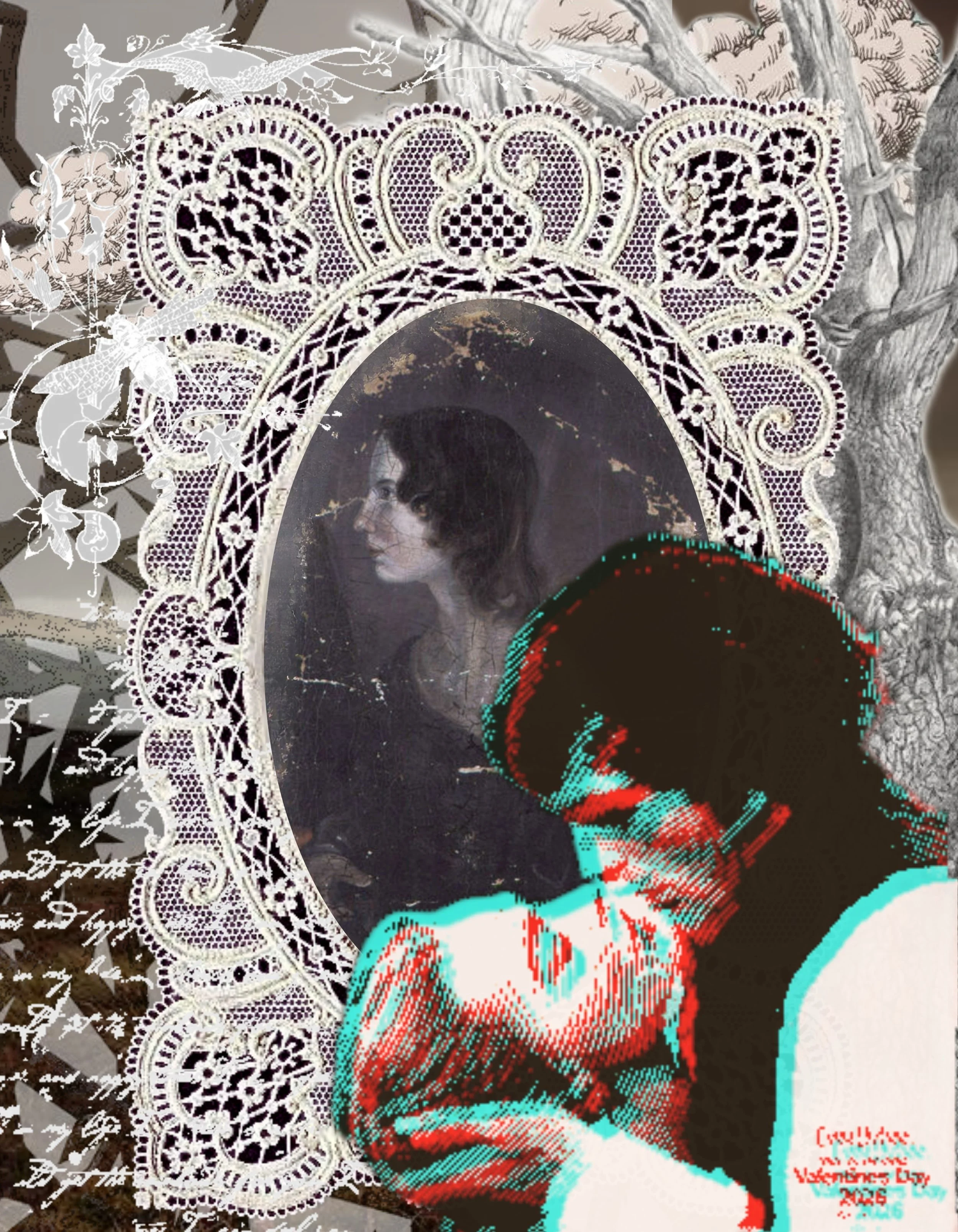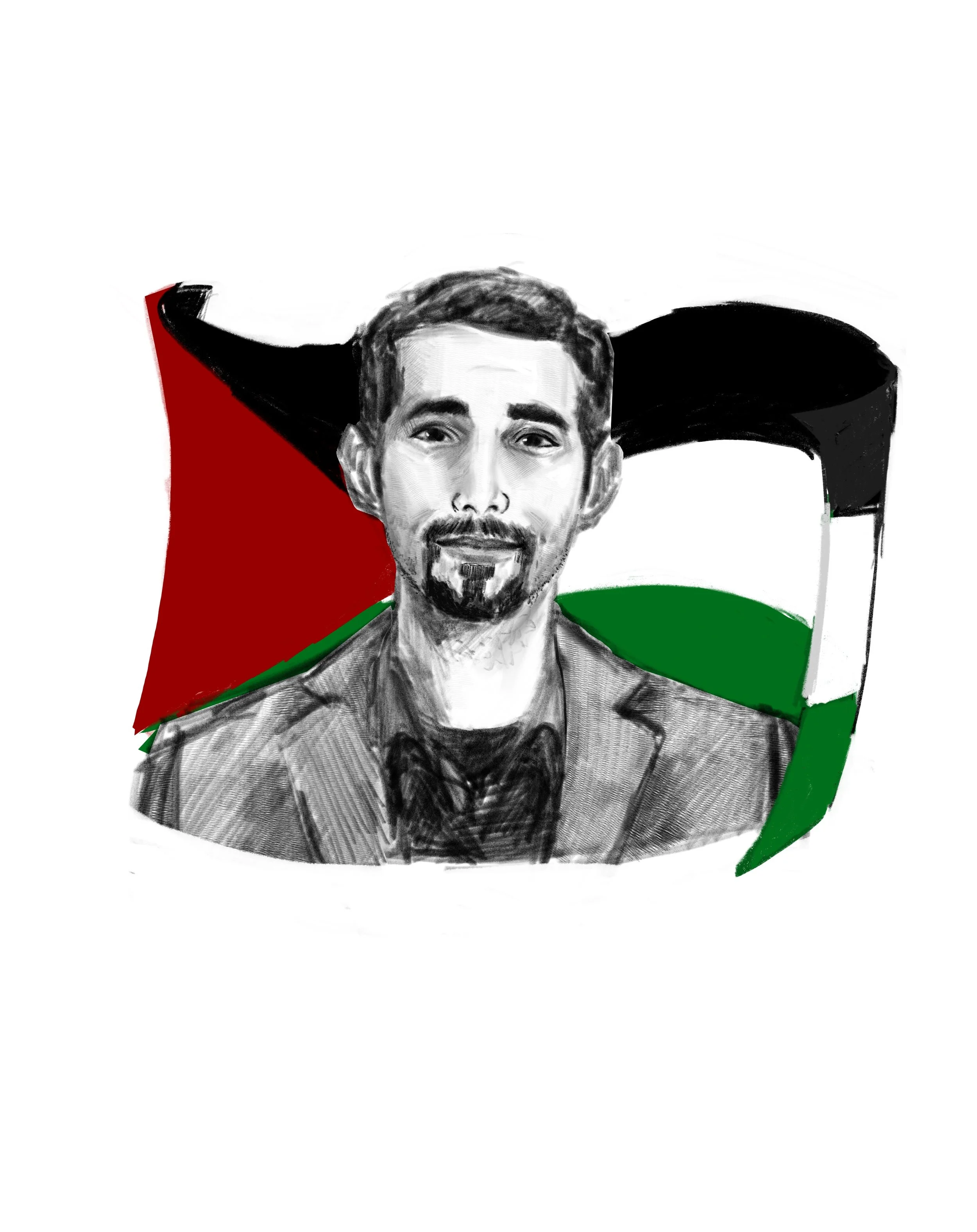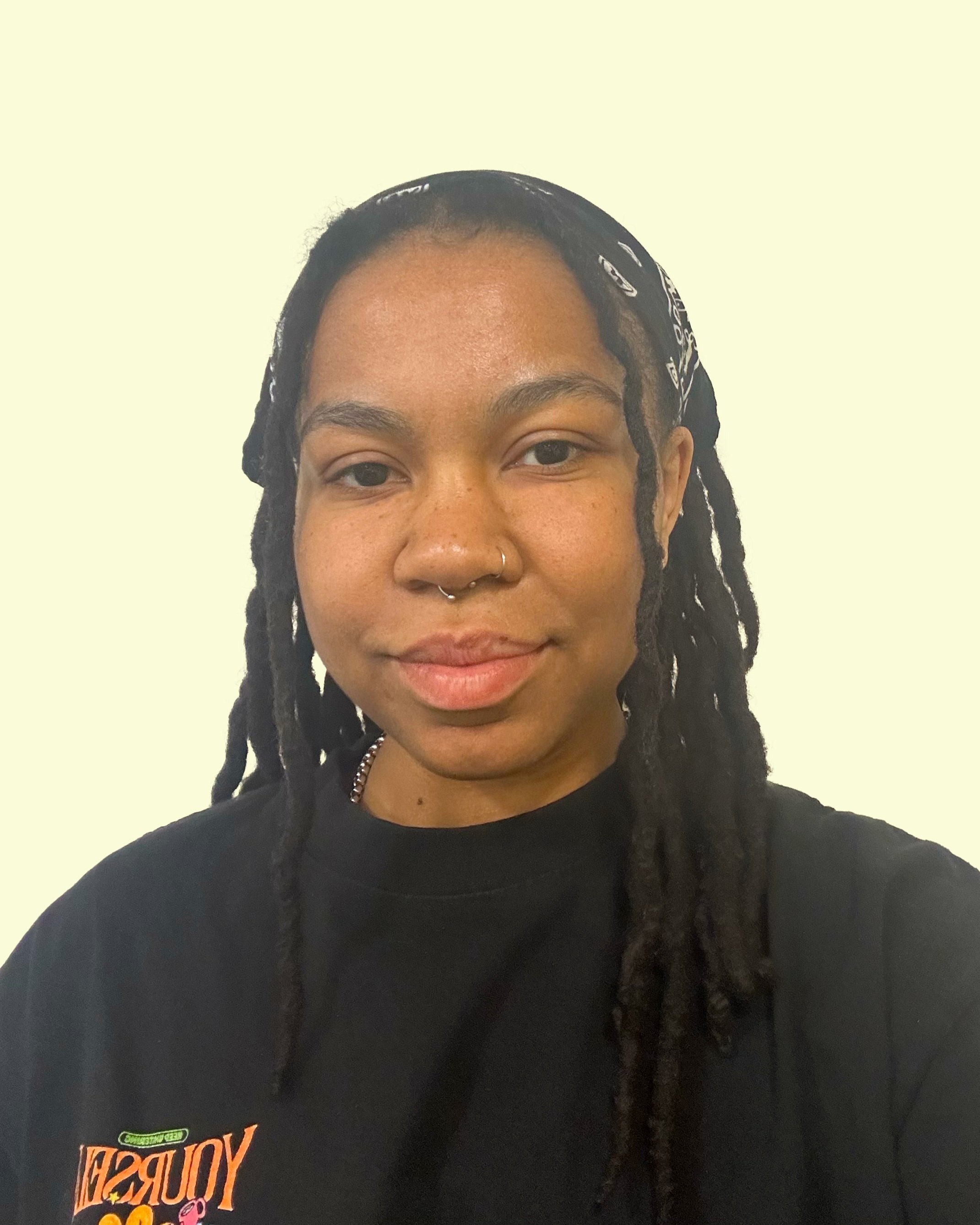Graphic by Isabelle Peterson ’28
By Honora Quinn ’27 and Cat McKenna ’28
Staff Writers
“I didn’t know ‘Wuthering Heights’ was the fourth installment of the ‘50 Shades of Grey’ franchise,” @Silverfields1 posted under the YouTube trailer for Emerald Fennel’s 2026 adaptation of the Emily Brontë novel.
The film is slated for a February 13 release. But the trailer, posted on Sept. 3, 2025, has already amassed over 11 million views; and that’s not taking into consideration the mountains of articles, video essays and online discourse that have emerged over the last several months as the first set of pictures were released.
The film has been mired with public controversy since it was announced the year following the release of Fennell’s sophomore feature “Saltburn”, with the most notable critique being the casting of the two stars: Margot Robbie as Catherine Earnshaw and Jacob Elordi as Heathcliff. Elordi’s casting in particular has drawn criticism from fans of Brontë’s novel. Heathcliff — whom Brontë alludes to as being racially ambiguous, “dark-skinned” and from Yorkshire in Northern England — will be portrayed by a white, Australian actor.
To get an academic perspective on this controversy and the legacy of the novel, Mount Holyoke News sat down with Mary Lyon Professor of Humanities and Chair of the English Department at Mount Holyoke, Kate Singer.
“I was also disappointed because I think that Heathcliff … people have talked about him in different ways, as being a Romani character, as being racially ambiguous, and, therefore, a product of some sort of mixed race parentage,” Singer said on the casting of Elordi in particular.
Robbie’s casting has also attracted controversy, although primarily due to her age. Robbie, 35 years old and Australian, is portraying an 18-year-old and English Cathy.
Fennell, however, defended the casting in an interview with People Magazine. She referred to Robbie as “somebody who has a power, an otherworldly power, a Godlike power, that means people lose their minds.”
Well, people are certainly losing their minds over what we’ve seen thus far of Robbie’s portrayal of Cathy. Critics are wondering how these castings will affect more complex themes surrounding her character’s relationship with Heathcliff. Particularly, the social and racial differences between the Earnshaws and Heathcliff as explored in the 1847 novel.
Alongside other plots, “Heathcliff is also taking revenge on the fragile middle-class white woman, and also the white aristocrat, or the white landowner who is both in certain ways entrapping that middle-class white femininity and also … denigrating the Heathcliffs of the world,” Singer noted.
Speculations have arisen about Fennell possibly choosing a more colorblind approach to the casting. Edgar Linton, the aristocrat whom Cathy marries, will be portrayed by Shazad Latif, who is a British actor of Pakistani and Scottish descent.
“I just couldn't tell from the trailer ... if they just love him as an actor, or if there was some kind of racial implication with making Edgar Linton be of a racialized origin, if we're supposed to think that he's tied to the British Empire through a certain kind of South Asian ancestry, and if so, what is that saying?” Singer commented.
Based on the trailer, this seemingly colorblind casting raises questions about the overlooked complexity of Brontë's work. Going back to Elordi’s casting, Heathcliff was found by Mr. Earnshaw in Liverpool, a port that was heavily active in the trans-Atlantic slave trade. With Fennell’s whitewashed Heathcliff, the trailer implies that this adaptation may brush over these key complexities in favor of a more romantic and sexually charged narrative.
With the rise of BookTok, some viewers might see “Wuthering Heights” more along the lines of a gothic Colleen Hoover than that of Mary Shelley. While there is a romantic arc between Cathy and Heathcliff, Brontë still weaves in these complex societal concepts around race, class and gender that are left out in a BookTok romance.
That said, we are still months away from Fennell’s release of the film. Maybe it will be as much of a hit as the 2024 gothic reimaging of “Nosferatu,” or maybe it will be, as YouTube user @The OneTrueJack theorized, “50 Shades of Brontë.”
Quill Nishi-Leonard ’27 contributed fact-checking.




















